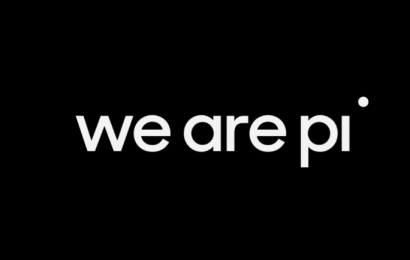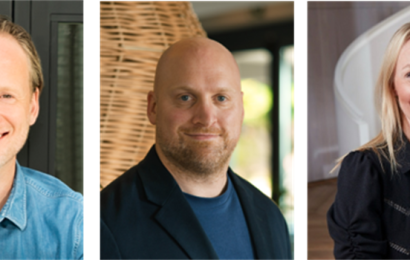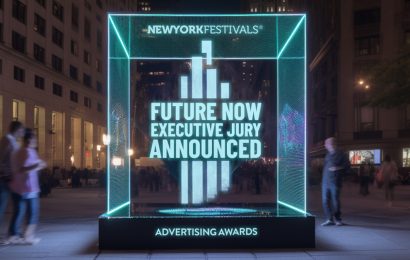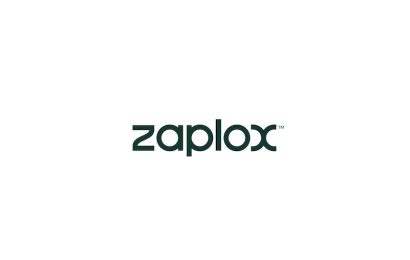How To Win An Effie – Alina Buzatu (Geometry Bucharest)
After last year’s successful series “How To Win An Effie“, we decided it’s time to continue it this year as well, bringing you even more info on how to prepare for the most famous international competition celebrating efficiency.
Today, we present you Alina Buzatu, Head of Strategy Geometry Bucharest, and part of the Effie 2019’s Jury.
AdHugger.net: What are the most important to dos when being part of the Effie Jury?
Show consideration for the cases and respect for the efforts behind the brief of effectiveness. Evaluation shouldn’t be about comments that make the jurors look smart, but about the quality of the work presented in the entry brief. Focus on the case specifics, given the category.
Grade the case with a mindset that gives credit to the case; see the pluses, add points. Sloppy evaluations are about bitterly looking for flaws, in some sort of a witch-hunt adventure (of course, this is valid if the case completely misses the point or raises doubts that affect the integrity of the narrative).
Hold on to a fair judgement that considers case data, your own evaluation and room feedback. Even though it’s difficult for all jury members, be prepared to admit you were too generous or too demanding and revise your initial grading accordingly. Leave room for other jurors’ perspectives, you’ll enrich the quality of your own questions and you’ll – most often – be pleasantly surprised by fresh angles.
AdHugger.net: How has your professional experience and judging in other festivals’ experience helped you?
I learned a lot from other jurors’ comments, be them creative directors or digital marketing specialists. Also, my own case-writing skills improve. This year, I was lucky enough to spend the judging days in a room with people who asked questions that showed respect for the case and who quickly spotted the highs and lows. I get to understand the logic behind the feedbacks that would otherwise sound out of tune. I don’t agree with all of them, but at least there’s clarity on what they expect to read.
The best thing, however, is meeting with other strategists. Generally, they are the ones who lead the case-writing process, they are responsible for filling 10 pages with a compelling story, so this backstage perspective makes their input highly valuable.
AdHugger.net: What are the main Dont’s?
Make judgement exclusively based on personal experiences and preferences.
Assume the case writers are lying (for suspicious minds, there’s committee members and audit representatives).
Treat entry form guidelines as optional. Irrespective of whether a campaign is well-known or done for a brand with under 1% share in its segment, cases should respect formal requirements. No, it’s not ok to list objectives without referencing them to a specific number or percentage, not ok to hope you’ll get away stating that “no other factors” influenced a 1-year campaign, not ok to wrap a national promo into an equity campaign with a tactical hard-sell component.
AdHugger.net: How should one prepare for the judging days?
I feel that the more you prepare beforehand, the more biased you get. Just revisit the festival norms, get a good night sleep and try to be present at the morning training. It’s important to note that we’re not directly evaluating a campaign – as seen on a mesh downtown or in press-releases -, but a 10-page case that tells the story of this campaign. Otherwise, we’d have a template and a bot would fill in the forms for us.
AdHugger.net: What piece of advice would you give to somebody judging for the first time at the Effies?
First, the visibly big refresh of the jury line-up is one of the things I applaud. This edition, I asked 4 first-time jurors how they felt about the experience – they liked it, but found the whole day a bit too dense. Thus, new entry jurors have to slide through different mental connections in each category, like in a Daft Punk world – sign it, read it, grade it, watch it.
Sometimes, it might feel that the opinion of experienced jury members weighs more, but I encourage them to contribute to the debates. Many times, interventions of new jurors have helped us get over false dilemmas about numeric distribution or promo mechanics.
Finally, it’s also about the joy of having the future Grand Effie case in your room. Or at least about the delight of reading top-class cases. Or the pleasure of a good, informed, on-topic debate in the room.
AdHugger.net: What would you say that are the main ingredients of winning an Effie trophy?
Ambitious objectives and real impact that goes beyond the metrics set before the campaign (i.e. you wanted to grow share, you did so, but also managed to influence some metrics outside your category).
Good, honest case-writing skills. If you don’t have the data for a certain SKU or if the radio activation reached less people than expected, I appreciate it more if you openly explain it, along with the context, instead of hiding it. Including less flattering truths in the storyline is a sign of realistic overview.
Enough luck for your case to land in a room with more impartial and open jurors versus know-it-all personalities.
AdHugger.net: How important is the way you write your study case?
In our strategists’ community, we’ve shared a few impressions about the importance of case-writing. Most of us normally grade extra if we spot great storytelling skills, but this has to come on top of a campaign that proves its efficiency. Section 2 in the effectiveness brief – the one about insight and big idea – is the most permissive to a personal style, as it can accommodate sharp brand diagnosis, witty jokes or charming insights. Of course, other jurors have the freedom to prioritize whatever they feel is structural to a case. However, I find it odd to hear comments about cases that get below 50 points just because ’the case is better than the campaign’. What should writers do, then? Craft a slightly-above-average story, just to match the campaign? For average campaigns with good cases, we all have at least 2 sections where we can offer low scores, plus a feedback form.
I get that, sometimes, these comments may refer to cases where the team behind the campaign explicitly and repeatedly congratulate themselves in the ’results’ section, but that doesn’t mean case-writing should only be treated as functional paperwork.
AdHugger.net: Have you seen good campaigns that failed to win due to a bad case study writing? Why?
Yes. Last-minute interventions of all kinds (the equivalent of ’make the logo bigger’ in the agency daily routine), which can turn a solid case into a post-rationalized intention. Lack of time. No grand narrative, but micro scenarios that don’t glue together.
Lastly, low scores go to vague, unconvincing cases that present 10% facts, hard data, evidence of effectiveness and 90% metaphors that scream “trust us, we were tremendously efficient”.







